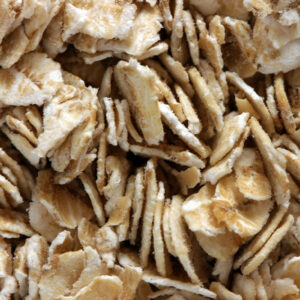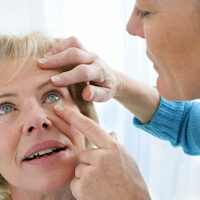
health
12 common signs of a weak immune system
The immune system’s function is to protect the body from harmful substances and germs. It works to prevent different health disorders and infections. However, when the immune system weakens, one may experience several symptoms. This can happen due to poor nutrition, stress, aging, or health conditions. These symptoms are not always indicative of a weak immune system. Therefore, it is recommended to consult a primary care doctor whenever any of these are experienced. Frequent infections One of the primary signs of a weakened immune system is frequent infections. When the immune system loses its strength, it produces fewer white blood cells and antibodies, which are essential in battling pathogens that cause infectious diseases. A person with a deficiency of these substances becomes highly vulnerable to frequent infections, including sinus infections, colds, ear infections, and urinary tract infections. Wounds that heal very slowly Under healthy circumstances, an injury such as a cut, burn, or scrape makes the skin go into damage control mode. The body responds by sending blood that contains essential nutrients, white blood cells, and antibodies to the affected area, which kickstarts the healing process. As a result, new skin starts to regenerate. However, the healing rate depends on the immune cells’ health.
Read More 









